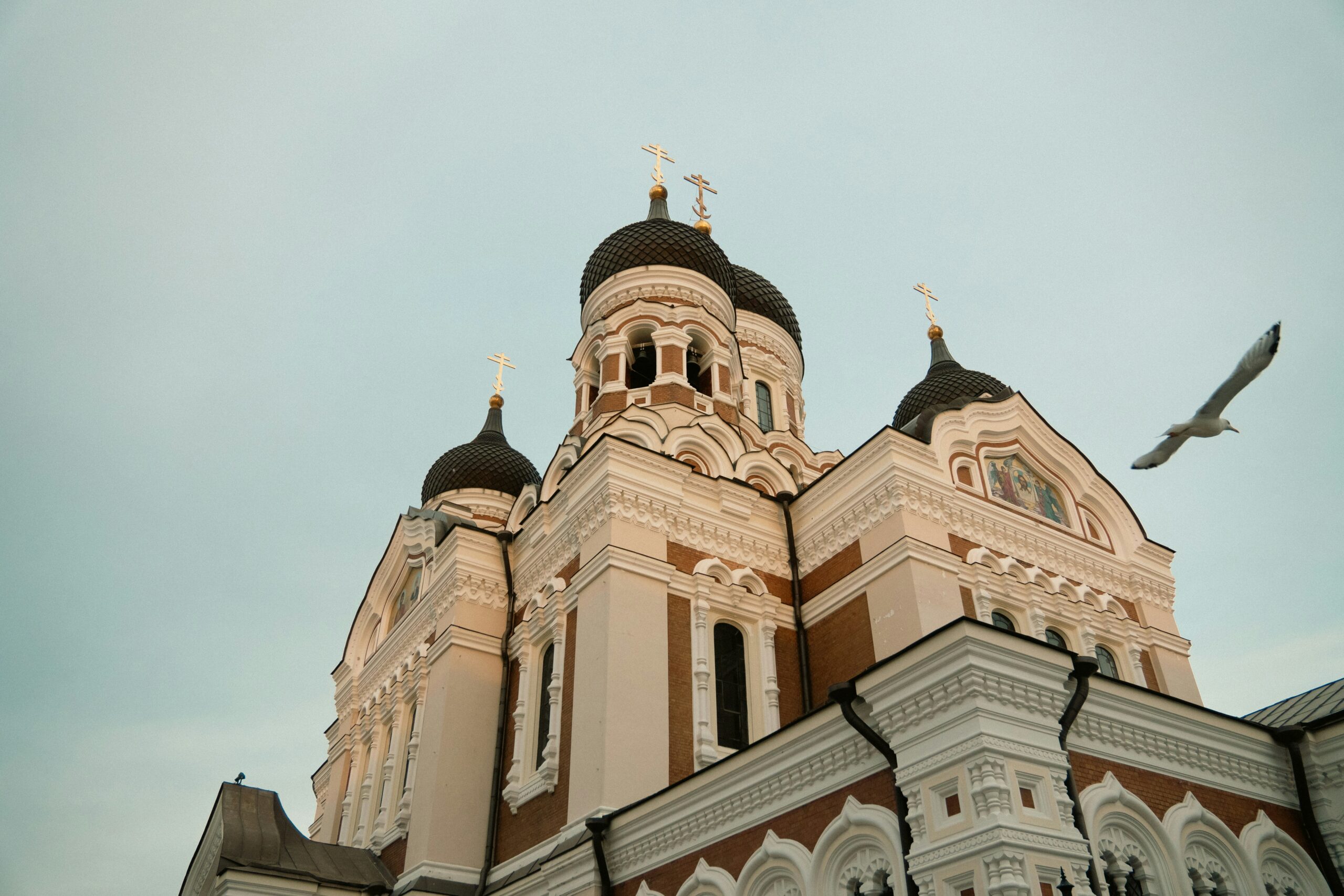
Main narratives:
- Anti-government sentiments;
- Russophobia is growing in Estonia;
- Cancellation of the Russian culture.
Overview:
Last week, it was announced that the board of the Russian Theatre had decided to change its name to Südalinna Teater (Theatre of the City Centre). This news came shortly after another report that yet another cultural institution in Tallinn might undergo a name change: the Russian Cultural Centre is set to become the Mere Cultural Centre (named after the boulevard on which it is located).
These two announcements quickly spread across local Russian-speaking Facebook groups, triggering a wave of emotional reactions. The dominant response was that the renaming of the theatre and cultural centre was allegedly aimed at erasing Russian identity. Commenters accused the Estonian authorities of blatant Russophobia, called for petitions to defend the original names and for a boycott of the institutions, and expressed surprise at the lack of protest from the theatre’s actors.
In addition, some commenters spread rumours that speaking Russian in public would soon allegedly be completely banned and that people who frequently travel to Russia would supposedly be deported by the authorities.
Judging by these discussions, part of the Russian-speaking community believes that the government is pursuing a deliberate policy of de-Russification – a perception that has a strongly negative impact on trust in state institutions.
Pro-Kremlin commentators have also criticised the government in response to recent news that the unemployment rate climbed to almost 9% in the first quarter of 2025, marking the highest level in 12 years and leaving 64,200 people unemployed in Estonia. This places Estonia among the EU states with the highest unemployment rates. Long-term unemployment continues to rise, particularly among those who have been out of work for over a year. Unemployment has hit the industry, construction, agriculture, forestry and fishing sectors the hardest. The mostly Russian-speaking Ida-Viru region remains the worst affected, with an unemployment rate of around 13%. Pro-Kremlin voices have argued that this is a targeted policy specifically aimed at Russians in Estonia. Moreover, they criticised the government for increasing military spending while the social sector needs more money to support rising unemployment.









